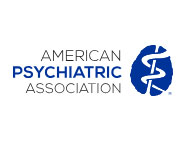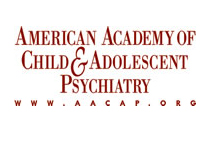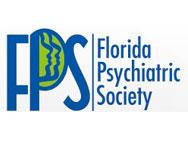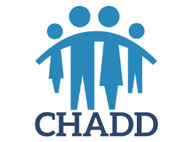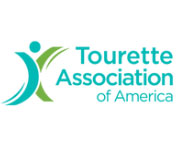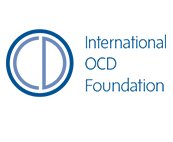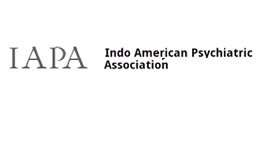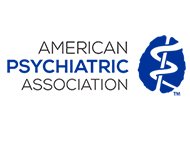The Benefits of Fish Oils for Mental Health
 Fish oil is definitely a buzz word in the healthcare community. You might have heard the term from your doctor, your cardiologist, your OB/GYN, … and now your psychiatrist? More and more studies are showing evidence that fish oil can be good for mental health.
Fish oil is definitely a buzz word in the healthcare community. You might have heard the term from your doctor, your cardiologist, your OB/GYN, … and now your psychiatrist? More and more studies are showing evidence that fish oil can be good for mental health.
What are fish oils? They are just what the term states: oils from fish. Fatty fish (like mackerel, trout, tuna, salmon, herring, and sardines) have high levels of docosahexaenoic acid (DHA) and eicosapentaenoic acid (EPA), which are both omega 3 fatty acids. These oils are not present in whitefish (like tilapia, catfish, cod, bass, grouper, haddock, and snapper) in the same amounts. Humans do not produce omega 3 fatty acids, we must rely on getting them from our diet. The vast shift in the American diet in recent decades has more people consuming processed foods, which are high in omega 6 fatty acids, not omega 3 fatty acids. In order to get adequate amounts of healthy omega 3 fatty acids, people often rely on oral supplementation with fish oil capsules, which can be purchased at most grocery stores, drug stores, vitamin shops, and health food stores.
Fish oils have taken the world of psychiatry and mental health by storm. Supplementation with fish oils has been purported to be beneficial for ADHD, depression, postpartum depression, anxiety, and schizophrenia. The main theme for the benefit of omega 3 supplementation is that it fights inflammation, though not all of the mechanisms of action are known as of yet. Cellular inflammation has become the bad guy for so many disease states it’s hard to count them all. Anti-inflammatory drugs help for many conditions, but those medicines do not cross the blood-brain barrier, so they do not help control inflammation in the brain. Fortunately for us, omega 3 fatty acids are the brain’s anti-inflammatory agents. DHA is a primary structural component in the brain, and EPA is the primary anti-inflammatory fatty acid.
ADHD is a developmental disorder which causes attention deficits, hyperactivity, impulsivity, and other behavioral issues. ADHD affects between 5 to 10 percent of American children. There are a few studies published that show improvement in behavior and symptoms of ADHD with several weeks of omega 3 fatty acid supplementation.
Fish oils could be beneficial for those suffering with anxiety disorders. Supplementation with fish oils has shown to help improve blood ratios that show evidence of inflammatory response to anxiety, meaning fish oil supplementation helped protect the body against the harmful chemical changes related to anxiety.
Depression and fish oils has been widely studied, but results are somewhat mixed. Many studies show that depression is linked with low blood levels of omega 3 fatty acids. But studies on the effectiveness of treating depression with fish oils have been conflicting, though evidence does support treatment with fish oils in those with low levels. A recent study demonstrated consumption of fish oils in conjunction with antidepressant medications could increase the effectiveness of SSRI medications used to treat depression. DHA supplementation during pregnancy has also been shown to have the potential to reduce symptoms of postpartum depression.
While there is no cure for schizophrenia, fish oil has been shown to reduce symptoms, particularly when used with prescribed antipsychotic medication. As with those suffering from depression, people with schizophrenia have been shown to have lower blood levels of omega 3 fatty acids, and could benefit from supplementation.
For those suffering from mental health conditions, the possibility of deriving a benefit from fish oils is exciting. Dr. Kothari can help patients with depression, postpartum depression, anxiety, ADHD, or schizophrenia determine if supplementation with fish oil could be of benefit. Fish oils can have a blood thinning effect and could possibly have interactions with some medications, so if you are on medication for a psychiatric disorder, it’s best to consult with your psychiatrist before starting supplementation.
Dr. Kothari, M.D., is a Boca Raton based psychiatrist. She is a child and adolescent psychiatrist, as well as an adult psychiatrist, treating patients with psychiatric disorders such as ADHD, autism, depression, anxiety disorders, schizophrenia, OCD, mood disorders, and learning disorders. Her patients often come from local communities such as Delray Beach, West Boca Raton, Parkland, Coral Springs, Deerfield Beach, and Boynton Beach. Contact her office at (561) 483-0844 FREE to set up an initial appointment, or to schedule a follow up appointment to discuss adding fish oil supplementation to your treatment plan.
Dr.Kothari is amazing! She has been my doctor for years...
I have been a patient of Dr. Kothari for over three years. She has invested her heart...
Dr. Kothari has been seeing my sons for seven years. She is a wonderful resource...
Dr. Kothari is very caring. Appointments and waiting times are great...
When we started seeing Dr. Kothari, my son was dealing with a great...
Dr. Kothari has saved my life, this I can say without reservation...

 Patient Forms
Patient Forms Videos
Videos Location
Location





